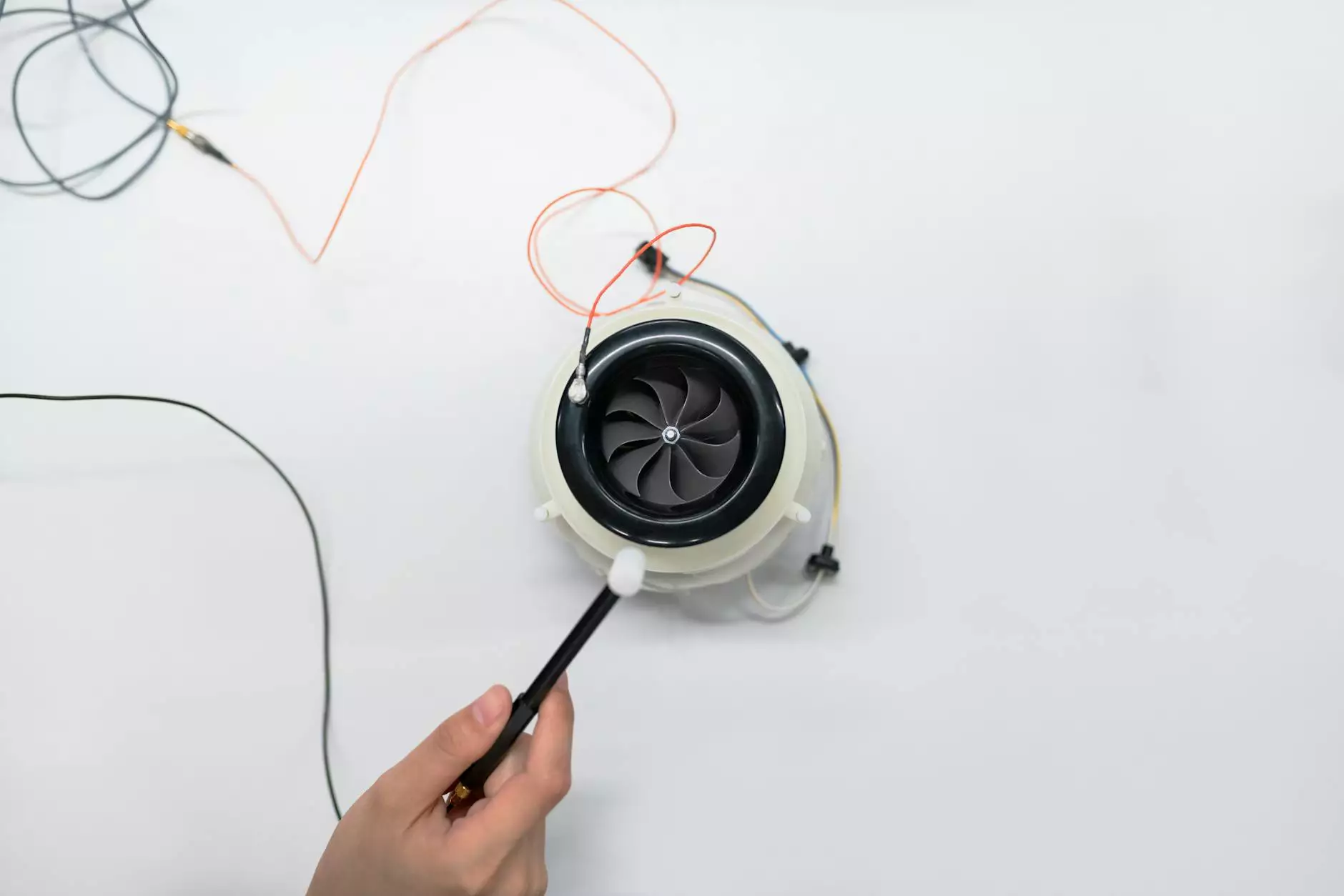The Vital Role of Sound Engineers in Video Games

The world of video games is a vibrant landscape filled with rich graphics, engaging narratives, and dynamic interactions. Yet, one of the most significant components that often goes unnoticed is the contribution of sound engineers. This article delves into their vital role, the skills required, and how they elevate the gaming experience to new heights.
What is a Sound Engineer?
A sound engineer is a professional responsible for the recording, manipulation, and reproduction of sound in various media, including music, television, and video games. Specifically, in the realm of gaming, sound engineers work to create immersive audio environments that enhance player engagement and storytelling.
The Importance of Audio in Video Games
Audio plays a crucial role in the overall gaming experience. Here’s how:
- Atmosphere Creation: Sound effects help in building a compelling world that players can immerse themselves in, aligning the audio with visual cues.
- Emotional Impact: Background scores subtly influence the emotional trajectories of a game, creating suspense, excitement, or relaxation.
- Gameplay Mechanics: Auditory feedback from actions—like jumping or shooting—provides critical information to players about their actions and the game state.
The Process of Sound Engineering in Video Games
Creating the perfect audio landscape for a video game is a sophisticated process that can be broken down into several stages:
1. Pre-Production
During this phase, the sound engineer collaborates with game designers and developers to determine the overall sound concept. This involves:
- Understanding the game’s theme and genre.
- Creating a sound palette that aligns with visual elements.
- Developing a clear audio strategy that includes sound effects, dialogue, and music.
2. Sound Design
Sound design is where creativity comes into play. Engineers gather or create sound samples, including:
- Field Recording: Capturing real-world sounds to incorporate into the game.
- Synthesis: Using synthesizers to generate sounds from scratch.
- Foley: Recreating everyday sound effects that are synchronized with the action on screen.
3. Mixing and Mastering
In this stage, the various audio elements are balanced and fine-tuned. Here, a sound engineer will:
- Mix dialogue, sound effects, and music to create a cohesive audio track.
- Apply effects like reverb or equalization to polish the final sounds.
- Ensure that audio levels are consistent and appropriate across different gameplay scenarios.
4. Implementation
Once all the audio is created and mixed, the sound engineer works with programmers to integrate the audio into the game engine. This includes:
- Setting up audio triggers based on player actions.
- Creating adaptive audio systems that respond to in-game events.
- Optimizing sound assets for performance without compromising quality.
Essential Skills for Sound Engineers in Video Games
To be effective, sound engineers require a unique set of skills, including:
- Technical Proficiency: Knowledge of audio software like Pro Tools, Logic Pro, or Unity’s audio systems is imperative.
- Creativity: The ability to design original sounds that fit into the game’s universe is crucial.
- Attention to Detail: Sound engineers must ensure every auditory detail complements the gameplay experience.
- Collaboration: Strong communication skills are necessary to work with game developers, artists, and composers.
Tools of the Trade
The toolset of a sound engineer includes several technologies that enable them to craft their audio masterpieces. Some of the key tools include:
- Digital Audio Workstations (DAWs): Software like Ableton Live and FL Studio for recording and editing sound.
- Audio Interfaces: Essential for connecting microphones and instruments to a computer.
- Microphones: Used for capturing high-quality sound, particularly in field recordings and voiceovers.
- Sound Libraries: Collection of pre-recorded sounds that can be utilized in games.
The Future of Sound Engineering in Video Games
As technology evolves, so does the role of sound engineers in video games. Innovations such as virtual reality (VR) and augmented reality (AR) are pushing the boundaries of audio experiences. Some trends to watch include:
- Spatial Audio: Creating audio experiences that immerse players in a 360-degree sound environment.
- AI-Assisted Sound Design: Using artificial intelligence to help in the creation and manipulation of soundscapes.
- Player-Driven Sound Elements: Enabling players to influence the game’s audio through their choices and interactions.
Conclusion
In conclusion, the contribution of sound engineers in video games is indispensable. Their expertise not only enhances the emotional resonance of the game but also enriches the overall player experience. As the gaming industry continues to evolve, sound engineers will undoubtedly remain at the forefront of innovation, crafting immersive worlds that captivate players and redefine what we consider to be gaming.
For businesses like Pingel Studio, which focuses on various creative fields such as Art Galleries, Graphic Design, and 3D Printing, understanding the significance of sound design in gaming can open up collaborative opportunities, enriching both visual and auditory experiences in their projects.
sound engineer video games


